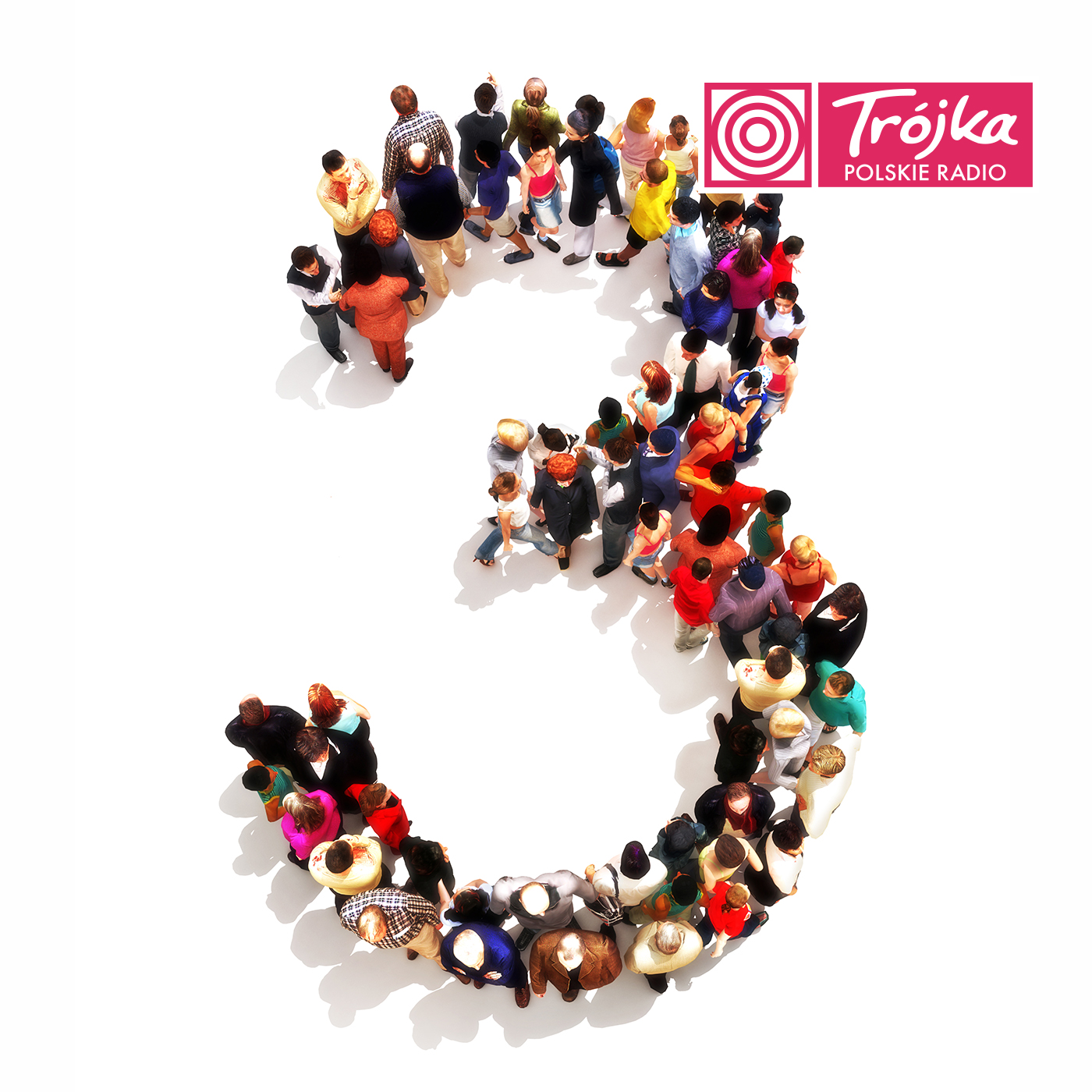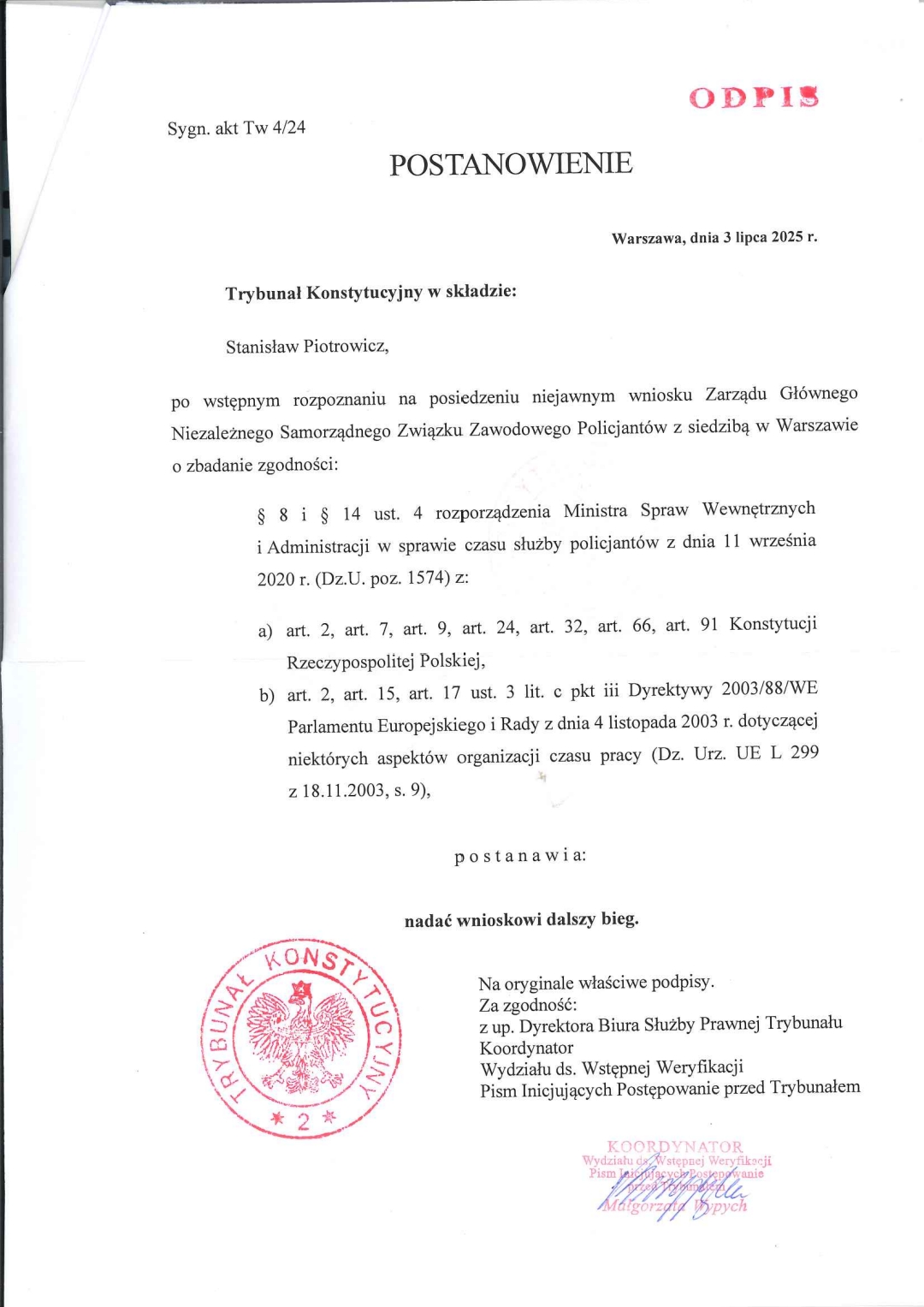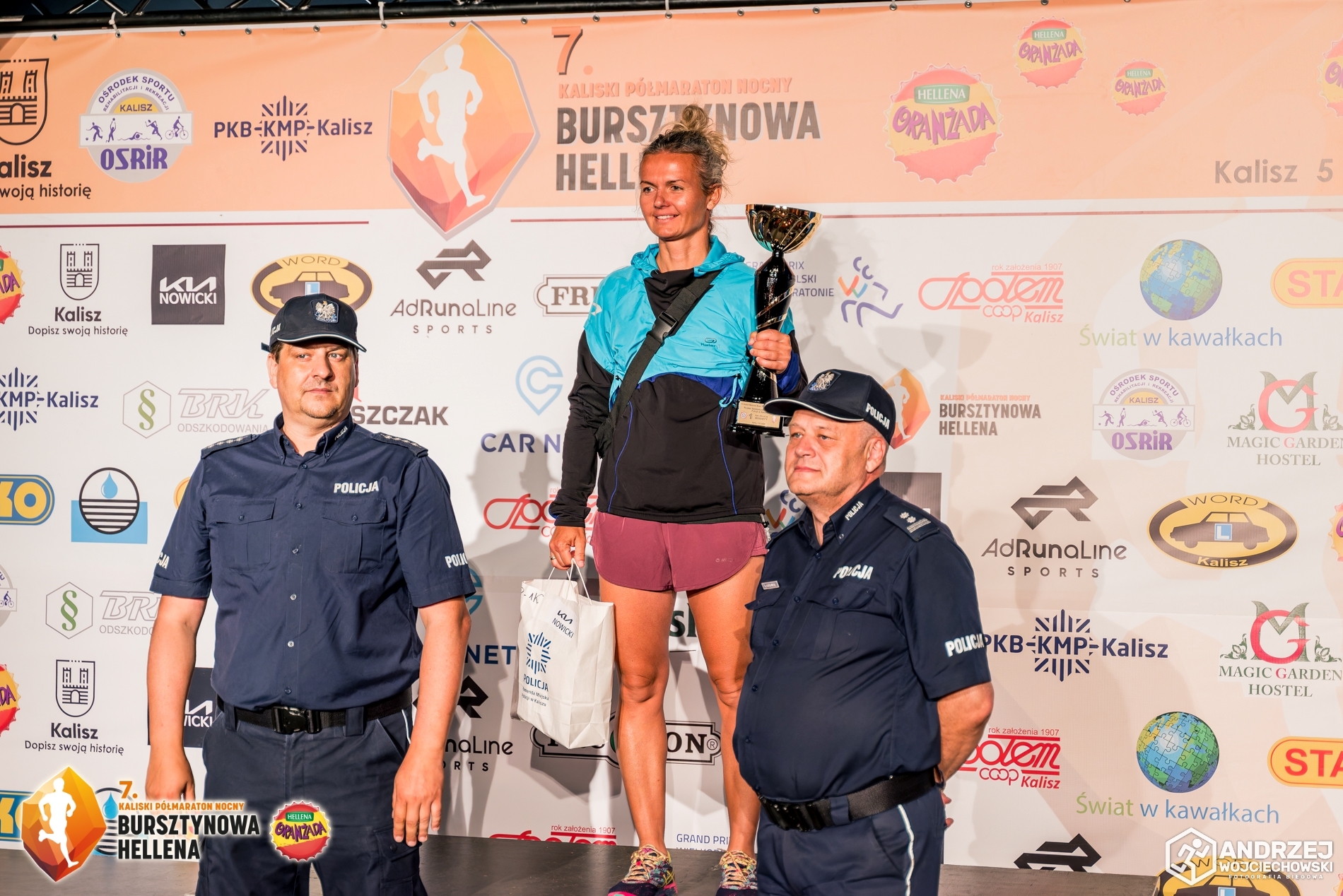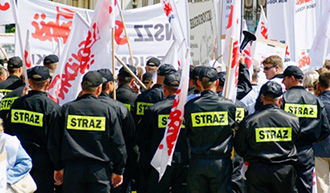
Below you will find any well-documented examples from the 19th century, in which authors (officials, publicists or politicians) spoke of the “Prussian people/preußische Nation” as a separate German-speaking community – clearly separate from the wider “German people”.
- 1798 - I'm sorry. Article in Jahrbücher der Preußischen Monarchie‘Wäre es möglich, den patriotischen Heldengeist der preußischen Nation noch mehr zu erheben?“At the end of the 18th century, the author assumes the existence of an independent “Prussian nation” whose “spirit” must be mobilised.
- 1814 - Biography of Queen Louisiana Title: Louise, Königin von Preussen: der Preussischen Nation gewidmet. The title itself treats the Prussians as a separate “nation”, to which the author “in tribute” directs the book.
- 15 V 1815 - Letter from King Frederick Wilhelm III ‘...the Prussian people...’ (in a letter confirming guarantees for Poles in the Duchy of Poznań). The king speaks straight “to the Prussian people”, which confirms its distinct existence in the authoritative language.
- 22 VI 1815 Patent to the inhabitants of the Grand Duchy of Poznań. The beginning expression of the document: "We, Frederick Wilhelm...to the faithful inhabitants and troops of the Prussian people...Patent creates the Duchy and at the same time addresses the "Prussian people" as a real political entity.
- 1854 - Debate around Berlin “Nationaldenkmals‘Die preußische Nation connte in dem Denkmal... nur einen dürftigen Ersatz für die ausgebliebene Verfassung sehen. The author opposes the monarch's "preußische Nation" power – again treating it as a non-German community.
- 15 XI 1848 - "Recalls to the Prussian people" (Members' resolution) "Members call on the Prussian people to defy civilian tax. In the mediate of Spring Peoples, Parliament uses the word “Prussian Nation” in a circumstantial national, not just a state sense.
- 1863 (press) F. Pflug, Aus den Zeiten der schweren Noth“...Entschließung [...] auf die preußische Nation und Armee...The publicist consistently distinguishes between "preußische" and "deutsche" Nation, for example writing about "preußischer" and "deutscher" reactions to events 1812/13.
- Otto von Bismarck years 1870–80 (assigned quote) "Prusses request more Germanization than Germany needs prussification."The “Iron Chancellor” himself opposes “Pruss” and “Germany” as 2 cultural entities – assuming that Prussians are not simply identical to Germany.
How do I interpret that?
- National Identity vs. National – In the pre-unification era (until 1871), loyalty to Monarchy states (Prussian, Bavaria, Saxony, etc.) competed with the thought of 1 "German" nation. Hence, the natural talk about the “Prussian people” – especially in the authoritative language and patriotic propaganda.
- Mobilisation rhetoric “At times of crisis (Napoleon wars, 1848, Kulturkampf) the Prussian elite appealed to the ‘preußische Nation’ to stimulate a sense of community over states.
- Gradual fade after 1871 "After the uprising of the Empire, the word lost weight for the wider "German nation", but – as the Bismarck quote shows – conceptually survived as a discrimination of mentality or Prussian culture.
Where do I look next?
- The fleet print from 1813–1815 (in DHM digital archives, National Library, POLONA) is full of references to the "preußische Nation".
- The revolutionary newspapers 1848/49 (e.g. Neue Rheinische Zeitung) frequently opposed the “Prussian” interests of the German state.
- Junk diaries and popular literature (historical novels) from the second half of the 19th century proceed to talk about “Prusaks” as a circumstantial nation – especially in the context of wars 1864–1871.
We can see that in the 19th century the word “Prussian people/preußische Nation/prussienne” functioned rather freely – both in the language of the state elites and in revolutionary or public discourse – before the spirit of the “Prussian State” gradually melted into the German Reich.

















